John Scalzi's 6 favorite sci-fi works
The acclaimed author recommends works by Frank Herbert, Ursula K. Le Guin, and more

A free daily email with the biggest news stories of the day – and the best features from TheWeek.com
You are now subscribed
Your newsletter sign-up was successful
John Scalzi's latest novel, The Consuming Fire, is the second book in his new series about a human-created intergalactic empire. Below, the acclaimed author and Los Angeles Times critic at large names his six favorite examples of sci-fi worldbuilding.
Dune by Frank Herbert (1965).

Dune is in many ways the gold standard of sci-fi worldbuilding, creating a complex political, cultural, and religious milieu and putting it in service of a story with ecological and economic ramifications for our world. Dune's universe is so complex that no one yet has made a decent visual version of it, though they keep trying. (Hint: Make it a series.)
The Week
Escape your echo chamber. Get the facts behind the news, plus analysis from multiple perspectives.

Sign up for The Week's Free Newsletters
From our morning news briefing to a weekly Good News Newsletter, get the best of The Week delivered directly to your inbox.
From our morning news briefing to a weekly Good News Newsletter, get the best of The Week delivered directly to your inbox.
Grass by Sheri S. Tepper (1989).
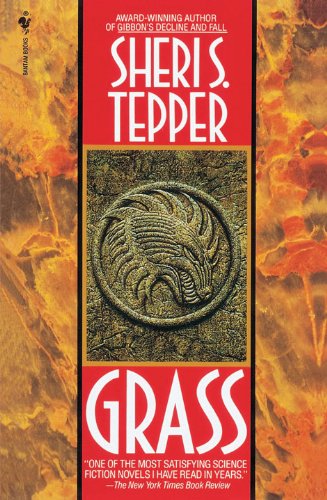
Though less heralded than Dune, Grass is equally complex in its worldbuilding (here done with a feminist bent) and has a civilization-threatening mystery at its core. By imagining a story that unfolds on a planet whose human population is dominated by hunting-obsessed toffs, Tepper takes on patriarchy, aristocracy, alien moral systems, and the problem of being too good to do good.
Always Coming Home by Ursula K. Le Guin (1985).
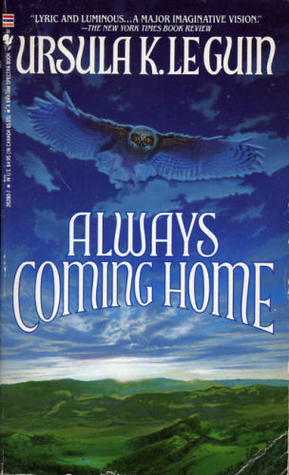
This lesser-known but fascinating book by Le Guin imagines a culture of people in a future California and reveals them to the reader not just through story but by describing their rituals, fables, and daily lives. It's less a novel than a travelogue.
A free daily email with the biggest news stories of the day – and the best features from TheWeek.com
Perdido Street Station by China Miéville (2000).
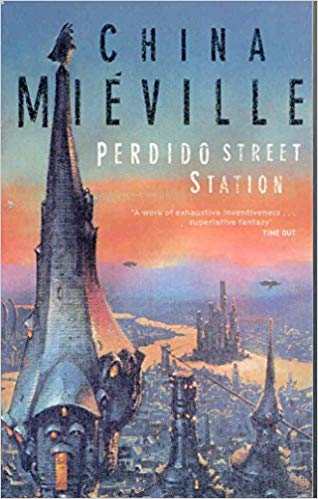
This book started the millennium off with a bang and is a prime example of the "new weird" subgenre of fantasy. Miéville's city of New Crobuzon is filled with shady humans and other strange-yet-intelligent creatures, living in a place that's a cross between fin-de-siècle Paris and an H.P. Lovecraft nightmare. A fascinating place to visit. You probably don't want to live there.
Snow Crash by Neal Stephenson (1992).
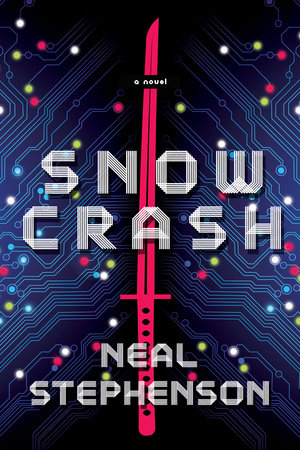
Stephenson's vision of a fractured and fragmented United States is both hilariously written and depressing in its accurate depiction of increasing polarization. I don't think Stephenson intended to be a prophet for this crazy age we live in, but he's got the gig anyway.
The Broken Earth series by N.K. Jemisin (2015–17).
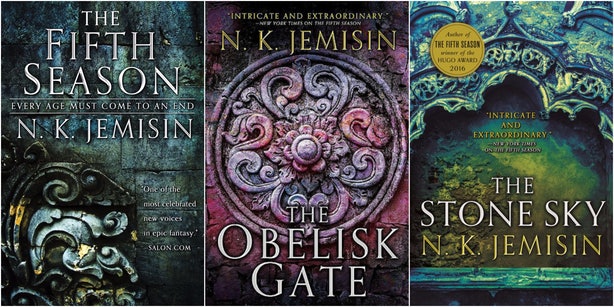
Each of the three novels of this trilogy won the prestigious Hugo Award, which is a first and wholly deserved. Jemisin's world is literally shattering, and the characters, human and otherwise, are shaping the future in unexpected ways. The Broken Earth is a monumental achievement, from a voice like no other in the field.
-
 Local elections 2026: where are they and who is expected to win?
Local elections 2026: where are they and who is expected to win?The Explainer Labour is braced for heavy losses and U-turn on postponing some council elections hasn’t helped the party’s prospects
-
 6 of the world’s most accessible destinations
6 of the world’s most accessible destinationsThe Week Recommends Experience all of Berlin, Singapore and Sydney
-
 How the FCC’s ‘equal time’ rule works
How the FCC’s ‘equal time’ rule worksIn the Spotlight The law is at the heart of the Colbert-CBS conflict